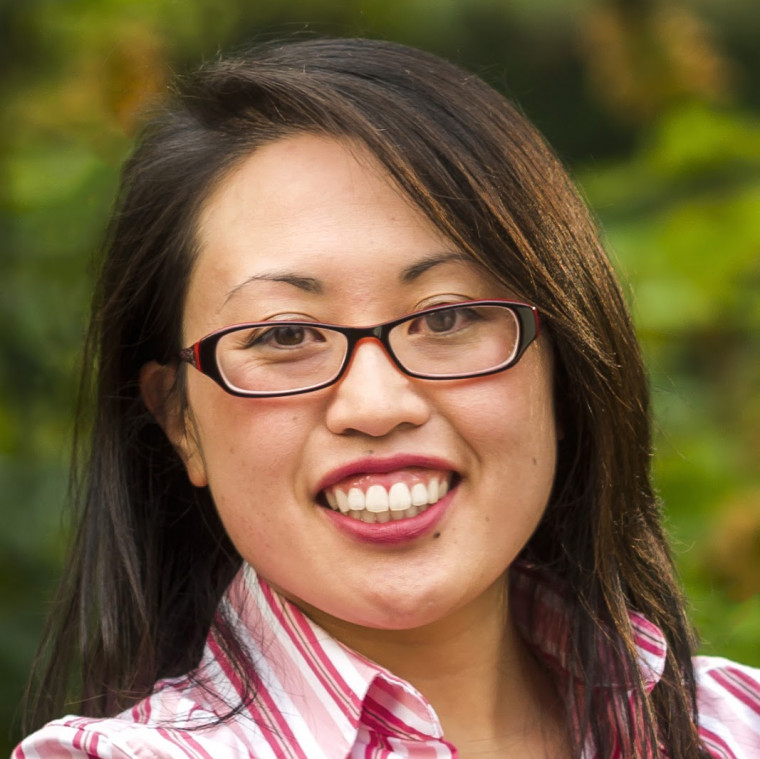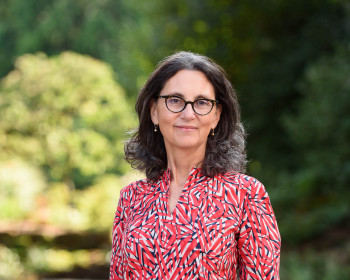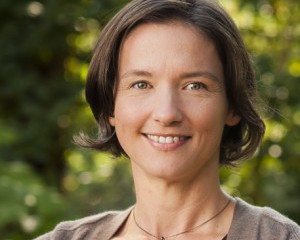Major NSF Grant to Support Torigoe Lab
Open gallery

Dr. Sharon Torigoe, Assistant Professor of Biology, has secured a $700,000 grant from the National Science Foundation (NSF) to support her research project, “RUI: Investigating enhancer grammar that underlies naive-state pluripotency.” This three-year project is being supported by the NSF’s Molecular and Cellular Biosciences (MCB) program’s Genetic Mechanisms Cluster, which “Supports research on the fundamental mechanisms involved in the organization, dynamics, processing, expression, regulation and evolution of genetic and epigenetic information.” Notably, in 2023, the MCB’s funding rate was just 27%.
Dr. Torigoe’s research seeks to advance knowledge of “enhancer grammar” by studying enhancers in pluripotent stem cells. Enhancers are noncoding genomic sequences that play a central role in transcription regulation during development. They contain binding sites for factors, which control transcription, and the “grammar,” or characteristics, of these sites impacts enhancer function. However, enhancer grammar is not well understood. Elucidating grammatical “rules” and how those affect transcriptional activation will deepen our understanding of enhancers, which will ultimately advance the ability to predict phenotypes from genetic information. Improved knowledge of the genome can be applied to other areas, such as medicine and agriculture, and will lead to new insights into the molecular mechanisms of evolution. Undergraduate students will work with Dr. Torigoe to carry out the majority of the studies proposed in this research, both in the lab and as part of her upper-division Molecular Biology Lab course. During the project period, NSF funding will support at least seven students participating in full-time summer research experiences through the Rogers Science Research Program.
It is noteworthy that this latest NSF award is the fourth competitive external grant that Dr. Torigoe has secured since joining Lewis & Clark in the Fall of 2017. This adds to previous awards from the National Science Foundation MRI program to purchase a cell sorter (2021), and research grants from the M.J. Murdock Charitable Trust (2020) and the Medical Research Foundation (2022).
March 2024
More Sponsored Projects and Research Compliance Office (SPARC) Stories
Sponsored Projects and Research Compliance is located in room 208 of Albany on the Undergraduate Campus.
MSC: 47
email sponsres@lclark.edu
voice 503-768-7211
SPARC uses a team email, so please email sponsres@lclark.edu
with questions or if we can be of assistance.
Assistant Vice President
Kelly L. DelFatti, CRA
503-768-7211
delfatti@lclark.edu
Research Administrator
Jessica Sweeney, MA
503-768-7193
jessicasweeney@lclark.edu
Sponsored Projects and Research Compliance
Lewis & Clark
615 S. Palatine Hill Road MSC 47
Portland OR 97219

